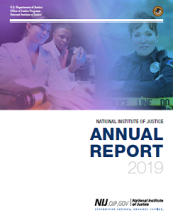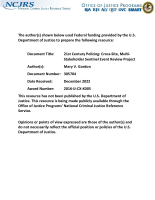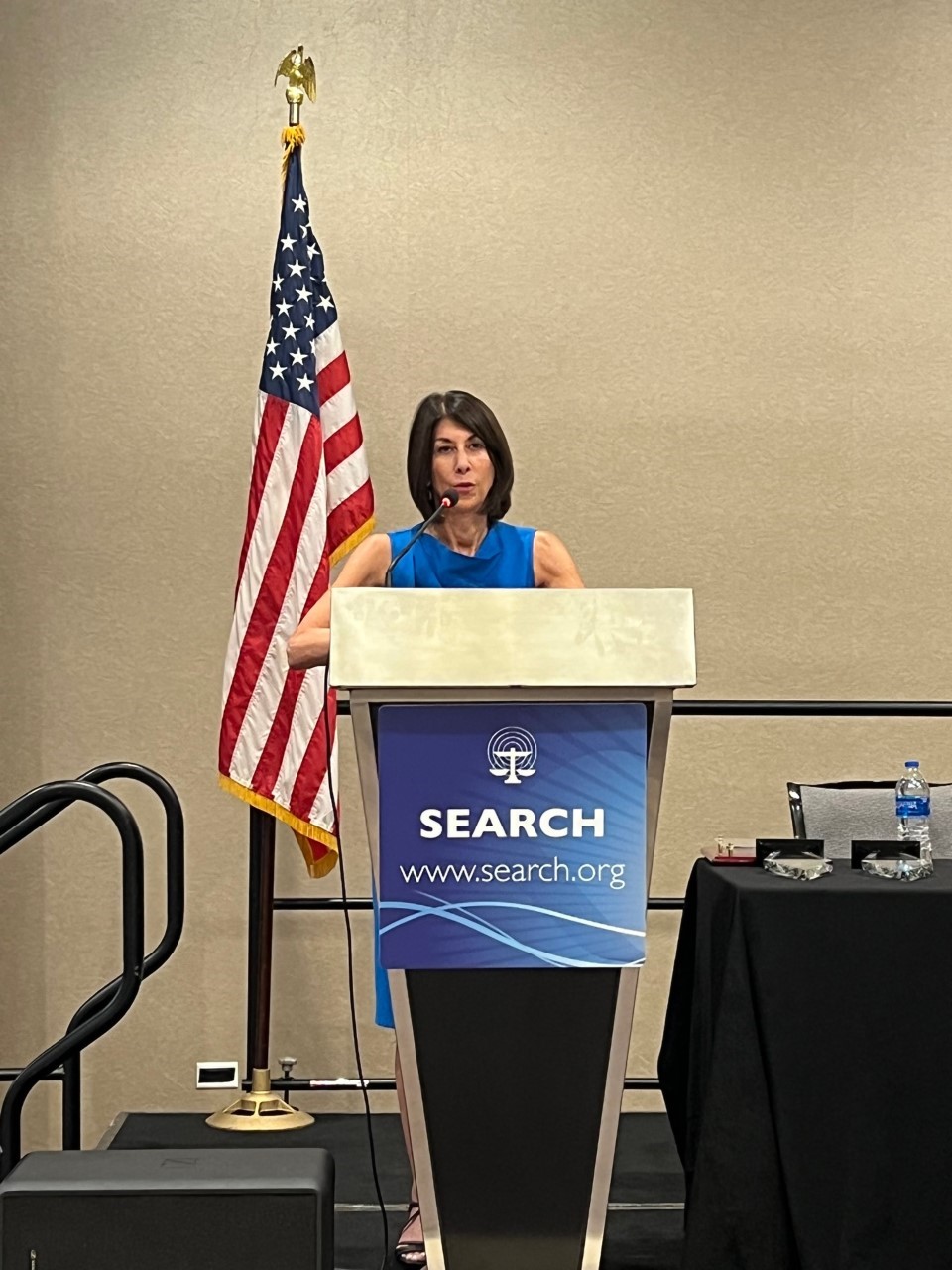Criminal justice systems
21st Century Policing: Cross-Site, Multi-Stakeholder Sentinel Event Review Project
Reducing Deaths in Law Enforcement Custody: Identifying High-Priority Needs for the Criminal Justice System
Shedding Light on Assault
NIJ Awards Over $11 Million to Support Forensic Science Research and Development in 2022
On September 30, 2022, NIJ announced $11.6 million in funding to support 23 projects under the “NIJ FY22 Research and Development in Forensic Science for Criminal Justice Purposes” solicitation. Through its research and development grant funding, NIJ continues to advance the speed, accuracy, and reliability of forensic analysis, which ultimately bolsters the...









